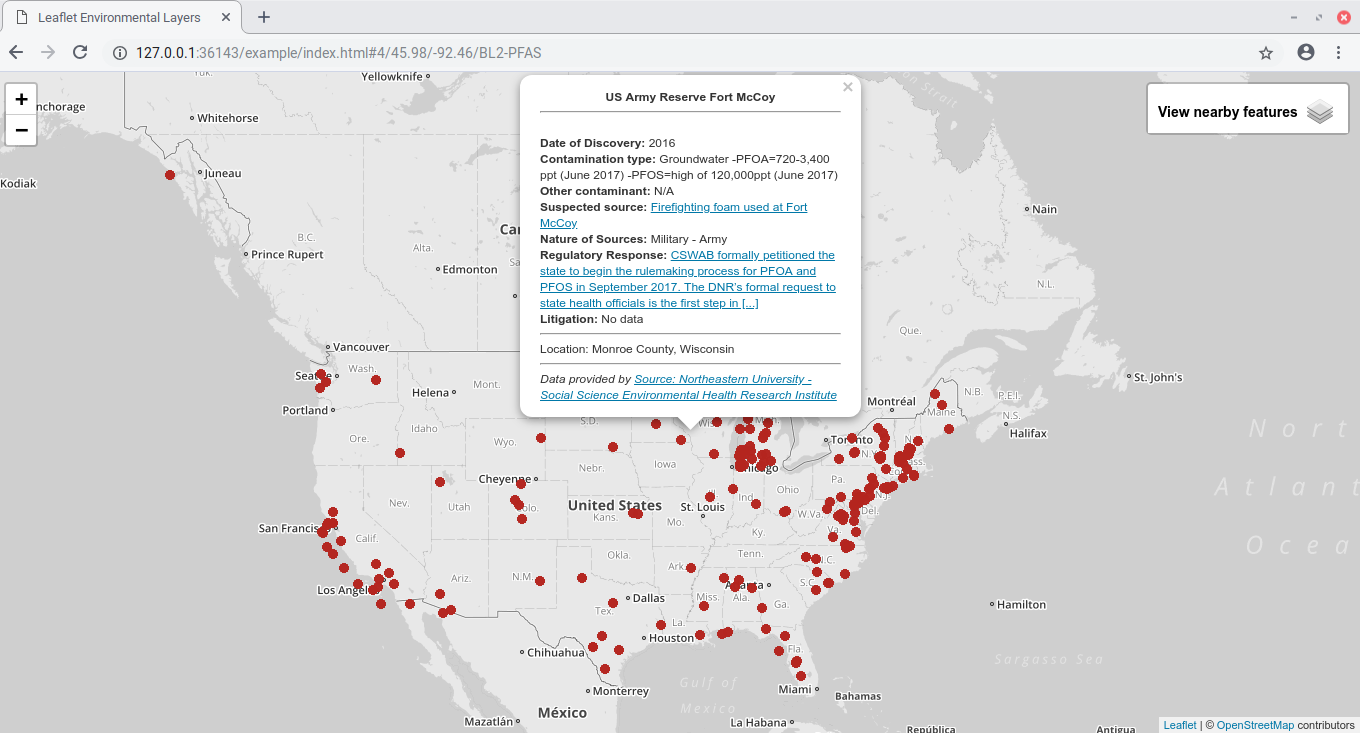Cybersecurity can feel like a complicated world, but here’s a story that shows how a single vulnerability in software almost became a major disaster. Let’s break it down so everyone can understand what happened with XZ Utils, a tool that’s commonly used in Linux systems, and why it matters to all of us.
What Happened?
In March 2024, a suprising discovery was made. A popular piece of software called XZ Utils, used for compressing files, had a hidden backdoor. This software was present in many of the systems used today. Someone had intentionally added a secret way for people to get into computers.The person/group behind this used the name “Jia Tan” and they got permission to make changes to the software. They sneaked in malicious code (that they made difficult to detect) that could have let them take control of computers running the affected version of XZ Utils. Luckily, it was caught it before it caused serious harm.
For technical details see CVE-2024-3094: Versions 5.6.0 and 5.6.1 of XZ Utils were found to contain a backdoor.
Why Was This Dangerous?
Here’s where it gets a little technical but super important. The hidden code could replace a critical function in SSH, a tool that millions of computers use to connect securely over the internet. If activated, it would let people skip the password step and take control of your computer as if they owned it. That’s huge.
Computer scientist Alex Stamos explained it best: “This could have been the most widespread and effective backdoor ever planted in any software product.” He added that if it hadn’t been discovered, it could have given the hackers a “master key” to hundreds of millions of computers around the world. Imagine the chaos that could cause.
How Was It Stopped?
Thankfully, the issue was caught early. The backdoor was only in experimental versions of the software and hadn’t yet been used in mainstream Linux systems. Still, it was a close call. Security teams acted quickly to remove the malicious code and alert users about what had happened.
What Can We Learn?
This incident teaches us a lot about why cybersecurity matters, even for everyday users:
- Open-Source Projects Need Support: XZ Utils is part of the free and open-source community, meaning it’s maintained by volunteers, not big companies. This incident sparked a conversation about how we can rely on unpaid volunteers for such critical tools. It’s like expecting your neighborhood watch to defend against international criminals—it’s a lot to ask. It’s surely important enough work to warrent some sort of funding!
- Be Careful with Software Updates: Always make sure you’re using trusted versions of software.
- Vigilance Saves the Day: Security experts spotted this backdoor before it became a major problem, but it’s a reminder that constant monitoring is essential.
What Could Have Been Done Better?
The big takeaway here is that software projects need stricter security practices. For example:
- Better Access Controls: The person/group who added the backdoor shouldn’t have been able to make changes without thorough background checks.
- Stronger Reviews: Code changes need to be carefully reviewed by multiple people to catch anything suspicious.
- Support for Open-Source Projects: Governments and organizations might need to invest more in these tools to keep them secure.
Why It Matters to You
You might be thinking, “I’m not a techie. Why should I care?” Here’s why: Tools like XZ Utils are part of the foundation of the internet and modern computing. When something goes wrong with these tools, it can affect everyone—from governments to businesses to people just like you.
By understanding these issues, we can all appreciate the importance of cybersecurity and why it’s worth supporting the people and tools that keep our digital world safe.



